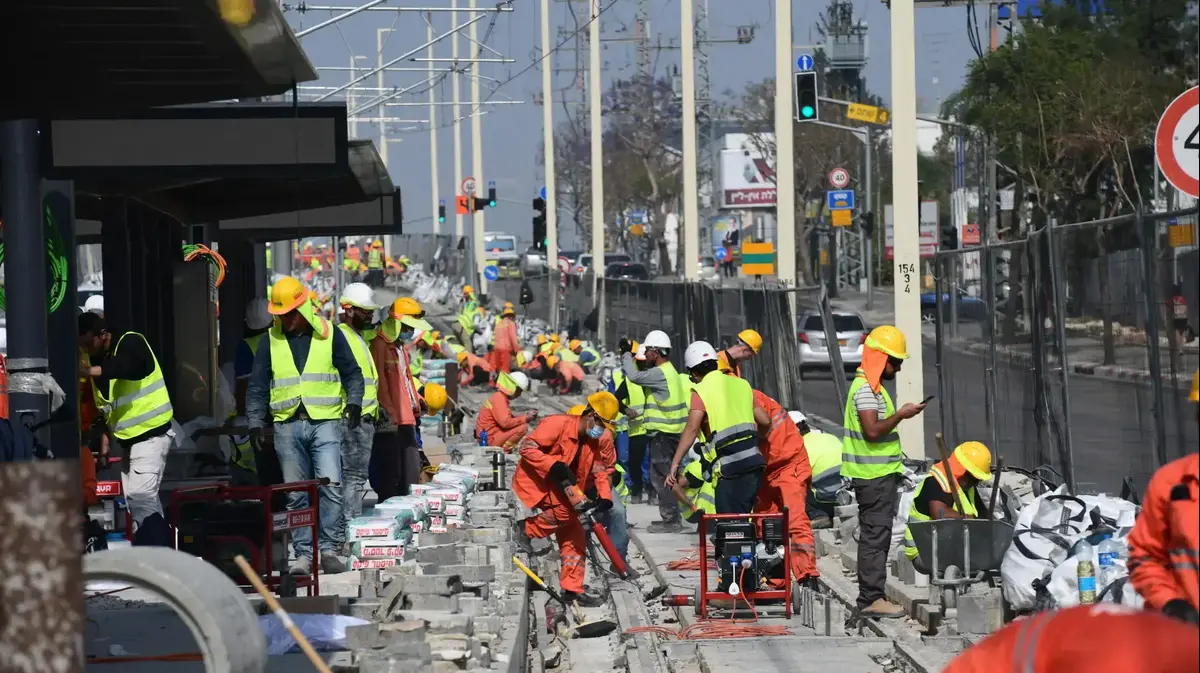Maros Sefcovic, the vice president of the European Commission in charge of monitoring the Brexit agreements, at a press conference on June 30, in Brussels.POOL / Reuters
The European Commission has rejected this Wednesday the order of the Government of Boris Johnson, which has threatened to unilaterally suspend the Brexit agreements that affect Northern Ireland if Brussels does not agree to renegotiate the agreement on that island. Brussels has taken just over an hour to rule out any renegotiation of the Protocol on Northern Ireland agreed with London in the framework of the United Kingdom's exit agreement from the EU (Brexit). The Community Executive has recalled in a statement that that agreement was accepted and signed at the end of 2019 by Johnson and his chief negotiator, David Frost, the two people who now sign the Downing Street document that considers the protocol unfeasible.
“The Protocol on Ireland / Northern Ireland is the joint solution that the EU found with Prime Minister Boris Johnson and
Lord
David Frost, and which was ratified by the British Parliament, to solve the challenges that Brexit posed for the Irish island and the type of Brexit chosen by the British Government ”, said in a statement Maros Sefcovic, the vice-president of the European Commission in charge of monitoring the Brexit agreements.
More information
The lost citizens of Brexit
Merkel leaves Brexit behind to offer the UK a "new chapter" in their bilateral relationship
Sefcovic assures: "We are willing to continue looking for creative solutions, within the framework of the protocol, for the benefit of the communities of Northern Ireland."
But the vice president of the Commission adds bluntly that they will not accept a renegotiation of it.
The Commission reminds the British Executive that the protocol was the agreed solution to avoid the establishment of a border between Northern Ireland and the Republic of Ireland (EU partner) that could have endangered the peace agreements on the island signed in 1998 while ensuring that the integrity of the European market was also not endangered.
"To achieve these objectives, the protocol must be applied," Sefcovic said in a statement.
Sefcovic also recalls that "respecting international obligations is of vital importance", in evident allusion to the unilateral decisions that London already adopted at the beginning of the year to delay the application of the protocol and that led the European Commission to open an infringement file that It can end up before the European Court of Justice and in millionaire fines against the United Kingdom.
The British Government document now presents the protocol as the result of “an extraordinarily difficult context due to the previous three years of negotiation”, that is, from the Brexit referendum in June 2016 until the signing of the exit agreement at the end of 2019 Johnson's Executive describes the protocol as the escape route, albeit unwanted, to circumvent a British Parliament reluctant to approve the Brexit deal and gain the go-ahead from EU partners who had closed ranks with Ireland.
In fact, Johnson was one of the main architects of the hostility in the British Parliament against the agreements negotiated by the previous prime minister, Theresa May. And the Twenty-Seven were always open to listening to any proposal that would guarantee the two objectives: the unity of the Irish island and the integrity of the European single market.
Johnson now renounces what he agreed to with the EU once he evicted May from Downing Street and took over the government. The British Executive calls for a renegotiation to exempt British goods destined for Northern Ireland from border controls and offers to collaborate to try to guarantee that they will not enter the European market through Ireland. London also raises a point that will foreseeably be much more unacceptable for the EU, such as the change in the governance of the agreement to get rid of the jurisdiction of the European court, the final arbiter in case of disputes between Brussels and London on the application of the law. European.
The Commission has already ruled out any renegotiation this Wednesday.
The slamming of Brussels places the Johnson Executive in the difficult position of fulfilling its threat of unilateral suspension of the agreements or resuming negotiations with Brussels based on a protocol that is politically explosive for British public opinion, in particular Northern Ireland.
The protocol, in force since Brexit day (February 1, 2020), in practice means that the British Northern Irish province remains integrated into the European market for the purposes of controls on goods from the rest of the United Kingdom.
The unusual measure was agreed to avoid border controls between the two parts of Ireland.
The practical implications of the protocol, which have led to the disengagement of Northern Ireland from the British market, went unnoticed in 2020 because the transitional period of the Brexit agreement maintained the free movement of existing goods and services within the EU.
But the mirage of normality was broken as of January 1 of this year, when the United Kingdom became a third country for the purposes of the EU and the traffic of goods or animals to Northern Ireland became subject to customs controls and phytosanitary.
The change has sparked an outbreak of protests in Northern Ireland, especially among unionist Protestant groups who fear being abandoned by London and doomed to a reunification of the island under the Dublin government and as part of the EU. In just six months post-Brexit, the symptoms of Northern Ireland's integration into the EU market and its departure from the British are as evident as they are alarming, according to the Johnson Executive. 30% of Northern Irish companies say that their sales in the rest of the United Kingdom have fallen while imports into Ulster from Ireland are at all-time highs and have increased by more than 50% this year compared to 2018 (previous to the pandemic).
The British Government considers that this evolution would justify the activation of article 16 of the protocol, which allows both parties to establish safeguard measures in the event of serious economic or social disturbances. But that clause could spark a new court dispute with Brussels and the possible introduction of trade retaliation by the EU. And ultimately jeopardizing the coexistence between the United Kingdom and the EU in a post-Brexit era that has only just begun and already shows all the symptoms of a bitter separation.

/cloudfront-eu-central-1.images.arcpublishing.com/prisa/6TSMDLY4NR3Q7OJK2UXFUY23XA.jpg)







